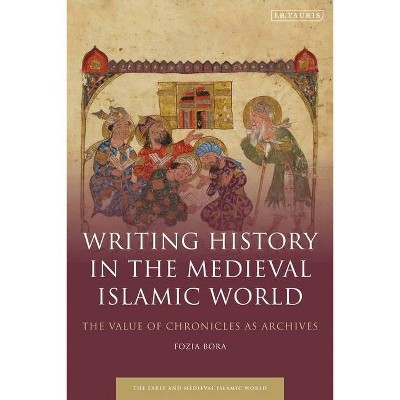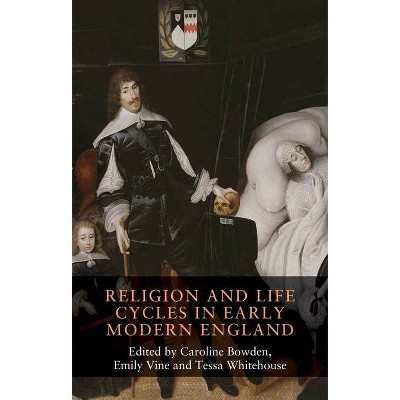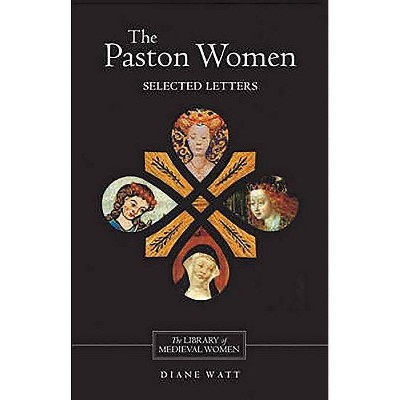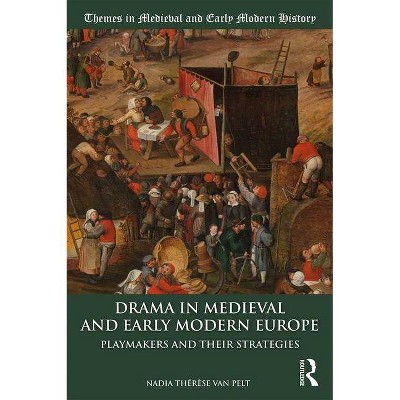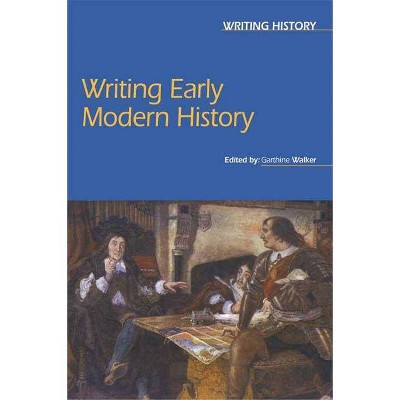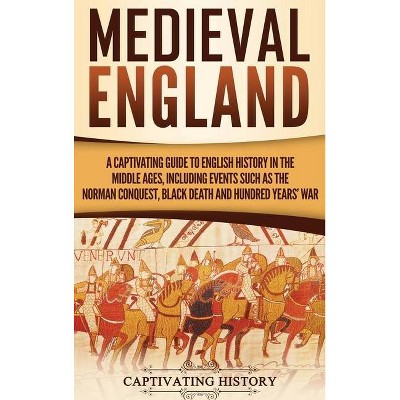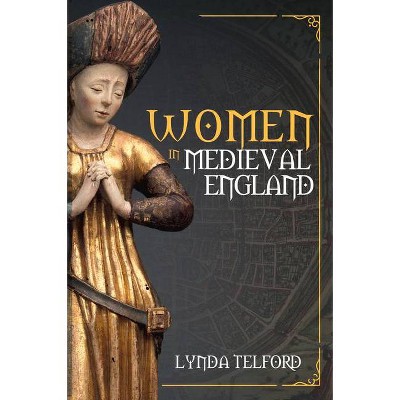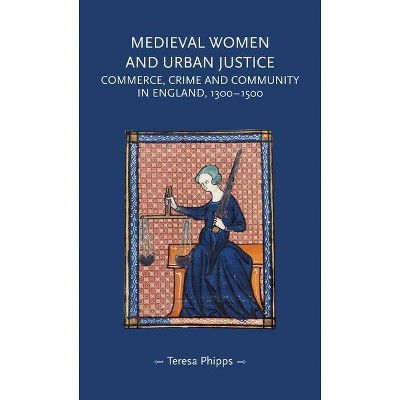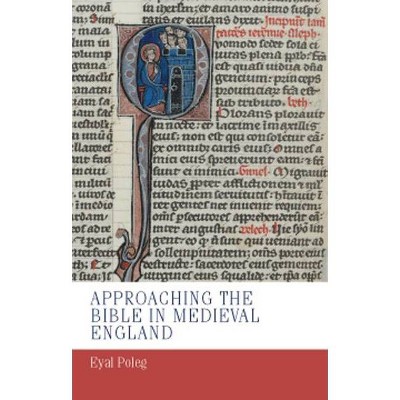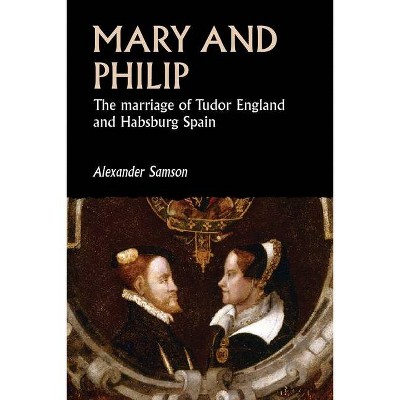Women, Writing and Religion in England and Beyond, 650-1100 - (Studies in Early Medieval History) by Diane Watt (Paperback)
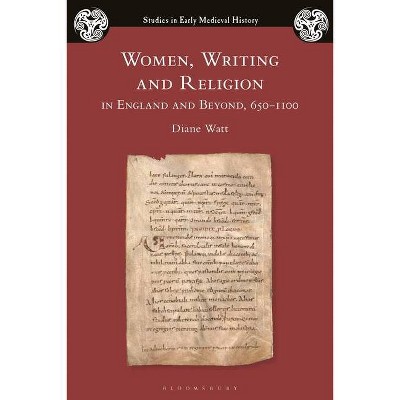
Similar Products
Products of same category from the store
AllProduct info
<p/><br></br><p><b> Book Synopsis </b></p></br></br><p>Women's literary histories usually start in the later Middle Ages, but recent scholarship has shown that actually women were at the heart of the emergence of the English literary tradition. <i>Women, Writing and Religion in England and Beyond, 650-1100</i> focuses on the period before the so-called 'Barking Renaissance' of women's writing in the 12th century. By examining the surviving evidence of women's authorship, as well as the evidence of women's engagement with literary culture more widely, Diane Watt argues that early women's writing was often lost, suppressed, or deliberately destroyed. In particular she considers the different forms of male 'overwriting', to which she ascribes the multiple connotations of 'destruction', 'preservation', 'control' and 'suppression'. She uses the term to describe the complex relationship between male authors and their female subjects to capture the ways in which texts can attempt to control and circumscribe female autonomy. <p/> Written by one of the leading experts in medieval women's writing, <i>Women, Writing and Religion in England and Beyond, 650-1100</i> examines women's literary engagement in monasteries such as Ely, Whitby, Barking and Wilton Abbey, as well as letters and hagiographies from the 8th and 9th centuries. Diane Watt provides a much-needed look at women's writing in the early medieval period that is crucial to understanding women's literary history more broadly.</p><p/><br></br><p><b> Review Quotes </b></p></br></br><br><p>"[A] sustained and compelling case for the critical role played by women in the literary culture of the early medieval period. Widely lauded for its detective work, Watt's book not only presents the fruits of her investigation by highlighting and bringing to our attention women and works that have been overlooked, the book also demonstrates the investigative<br>methods and speculative processes that enable, and indeed necessitate, a recalibration of academic perspective toward the period." --<i>The Journal of Medieval Religious Cultures</i> <p/>"Watt's work is exciting because it asks us to look afresh at surviving material, but it also reminds us how much has been lost ... [An] ambitious and refreshing work that will still remain shapely after extensive nibbling, infused as it is with scholarly knowledge and a love for English literary 'foremothers.'" --<i>The New York Review of Books</i> <p/>"Her groundbreaking - and I don't use that word lightly - study suggests that yes, there were many women writers in the early Middle Ages ... This is real literary detective work in action, and it paves the way for more of the same." --<i>Times Higher Education</i> <p/>"A magnificent piece of detective work, which pulls together fragments of evidence to make a compelling case for the importance of religious women in early medieval English literary culture ... A book which deserves to be widely read." --<i>Women's History Review</i> <p/>"At a time when issues surrounding gender diversity and inclusion still dominate headlines, Watt's book highlights the integral role early women's writing had on English literary history. From poets and patrons to archivists and authors, Watt amplifies the voices of these overlooked women writers, putting their achievements center stage." --<i>The Medieval Magazine</i></p><br><p/><br></br><p><b> About the Author </b></p></br></br><b>Diane Watt</b> is Professor of English at the University of Surrey, UK. Her previous books include <i>The History of British Women's Writing, 700 to 1500</i> (2012, co-edited with Liz Herbert McAvoy), and <i>Medieval Women's Writing: Works by and for Women in England, 1100-1500</i> (2007).
Price History
Price Archive shows prices from various stores, lets you see history and find the cheapest. There is no actual sale on the website. For all support, inquiry and suggestion messages communication@pricearchive.us
